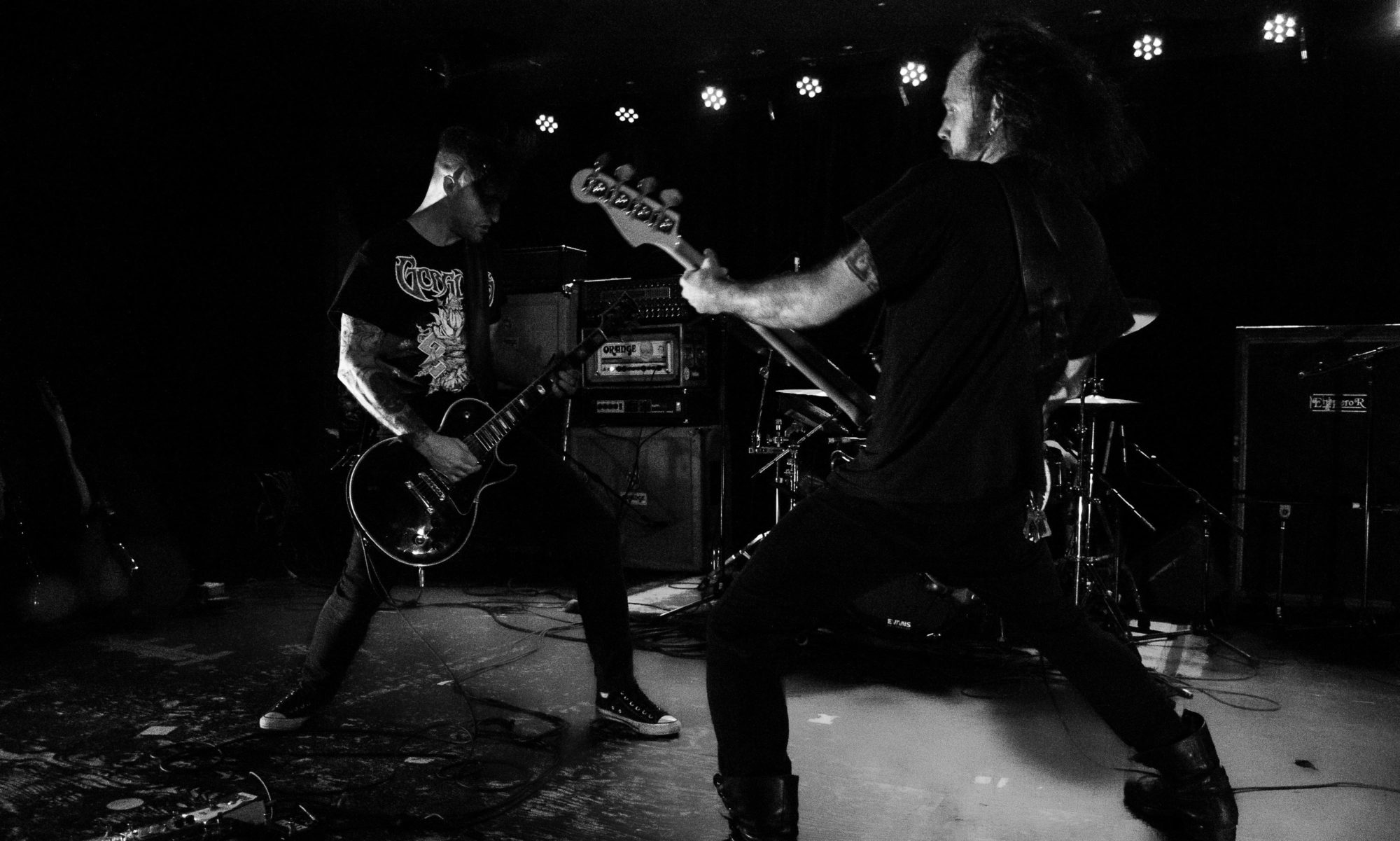
Several months ago, I found myself on an airplane headed for Toronto. A few hours before the flight, I was crouched over my luggage, splayed open on my bed, a wounded soldier, clothes spilling out like viscera. I was hesitant about going to Toronto for the Canadian Federation of Students’ extensively planned event, the Racialized and Indigenous Student Experience (RISE) Summit.
It wasn’t because I had failed to grasp the value of a safe space for racialized and indigenous community members to converge. I was however doubting how much it would shift my social and political lens. My pending immigration turmoil meant that boarding flights would serve as a discouraging burden.
RISE blasted every vestige of doubt I had clutched onto.
Every second spent in that space, where people of colour and indigenous peoples converged, coalesced, fleshed each other out, dripped with empowerment and healing.
There were sharing circles. There was music. And dancing.
There were incredible speakers and there was heartbreak.
There were a lot of tears, but there was always a circle of newfound comrades of colour to validate each other’s marginalized experiences.
Oppression is exhausting. White supremacy and privilege drain the soul.
And having to expend energy defending one’s own racialized experiences, being tone-policed to expatiate on triggering throwbacks to justify emotions stemming from those racialized experiences costs so much energy and patience. Energy and patience that could be channeled into actually building the bridges needed to affirm our identities, fortifying them enough to withstand the storm of oppression racialized and indigenous peoples face on a daily basis.
Not having to use a single second convincing a white self-proclaimed ally they’re not racist, sacrificing my own sense of self and hurt to proffer the ally another excuse to rest on their privilege…was exhilarating!
It was a weekend that taught me how crucial it is that the marginalized, the oppressed, the racialized have access to safe spaces (or spaces as safe as they can be) where collectively, certain oppressive lenses are not tolerated. These safe spaces are fuel for people of colour, people like me who struggle on a day-to-day basis, trying to keep afloat with each wave of racism I’m forced to deal with.
Hazim Ismail

